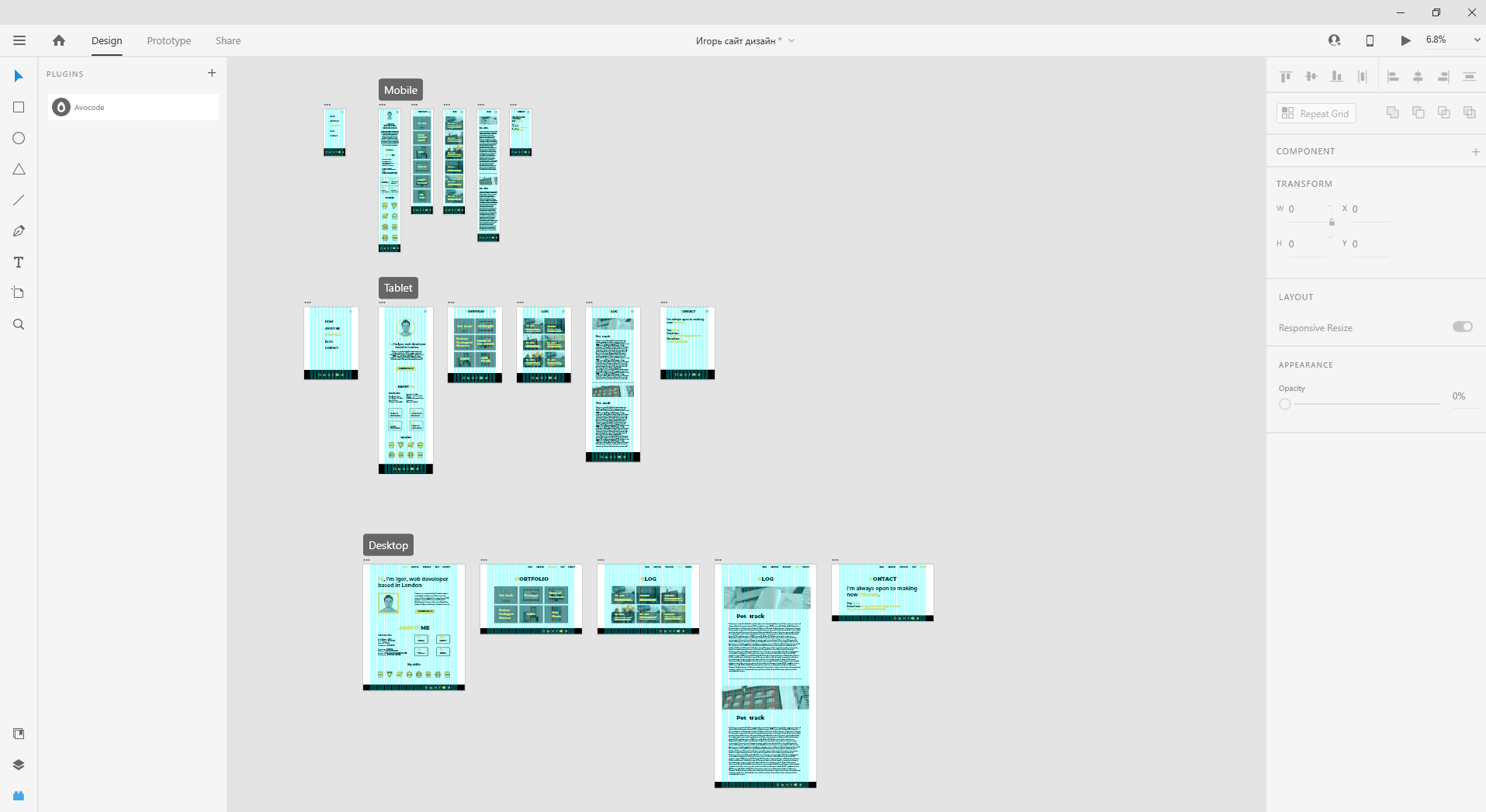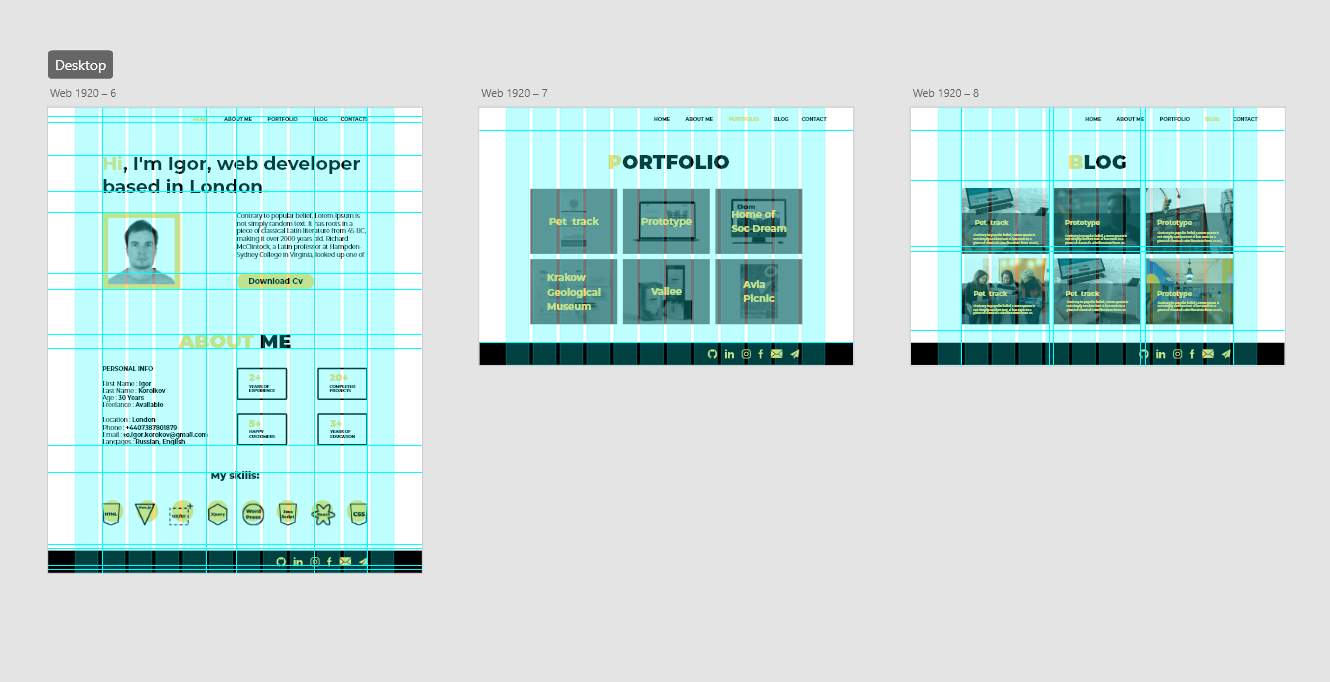To become a freelance web developer and create my own freelance agency, I need:
1. Go to university.
2. Allocate time for study and practice.
3. Buy a powerful laptop and a good monitor.
4. In the first year of study, make at least 5 real sites that I can add to my portfolio.
5. Make a portfolio with current works, maintain my own website, use Git.
6. Know the Javascript and to be able to use main frameworks at the required level for a junior front-end developer.
7. Know the basics of backend development by the end of your university studies.
8. Follow the news from the web development industry. And master modern tools.
9. Start receiving first orders for Upwork.com after studying at the university. Getting the "Rising Talent" profile status.
10. Go for internship or first job as a junior front-end developer and work at least 2 years.
11. Learn English up to C1 level within 5 years.
12. Collect money for the first period of work as a freelancer.
13. Find a team to create a web development company.
14. Develop managerial skills.
15. But all of these points can change over time:)
Around the age of 20, I started to self-learn how to program. I was interested in various programming languages: C ++, PHP, Python, HTML alongside CSS. Then I got carried away with the development of web sites. When I was 23, my partner and I decided to open a small freelance agency, for creating sites on CMS Wordpress and a web page builder that did not require deeper understanding of the code. Frankly, I didn't have much experience in this, but had an itching desire and a lot of theoretical knowledge. My partner worked as a beginner web designer and I tried to understand the technical part of the work. Over time, I realized that I did not have the proper level of knowledge and experience to solve more complex tasks. I once took an online web development course, but I started to struggle at some point where complex programming was introduced. When I am engaged in self-education, I understand that I lack a mentor and in-person communication, during which I can ask questions that I have.
In 2015, my partner and I were already married and decided to move from Ukraine to Poland. After a series of hard work, I finally got a job at Uber's office in Krakow. There I was involved in technical support for the Uber application, worked on driver problems, and handled data analytics. In parallel with my work, I began to study the user interfaces of web sites and applications. Working at Uber helped me understand what teamwork is, what support is and, most importantly, what self-learning and personal progress every day is. I learned from mentors and like-minded people as we motivated each other. I grew and developed every day as a person, but unfortunately, I had very little time left for classes in web development.
Last year I had to move to London. And I am happy that I was able to enter SAE University. Now I need to combine work and study, but I try to spend all my free time usefully.
I have clear objectives for next two years:
1. Learn how to quickly and professionally create websites using the current set of technologies;
2. Learn to create simple and intuitive interfaces for mobile applications and websites;
3. Learn the basics of the Javascript programming language and use Javascript Frameworks to create websites;
4. Learn to use new and convenient tools for solving technical problems;
5. Organize existing knowledge and start using it;
6. Create a good portfolio with relevant projects;
7. Implement my personal projects, for which I currently lack the knowledge and skills.
I have developed most of my projects on my own. This taught me how to independently find information, analyze and implement into my own projects. It also allowed me to work at my own pace, which was both a plus and a minus. My aim working independently is to always be diligent and on time the deadlines, which taught me self-organization and responsibility.
I also think that my strong points are:
1. The ability to remember visual information.
2. Ability to think logically.
3. the Ability to combine the creative side of life and the technical side.
4. The presence of perfectionism in the right quantity:)
But I also understand that I am often confused when I learn something new. My weak point is that I often hesitate to ask something I don't know and spend a lot of time searching for information on Google. I also often quit my job without finishing it. I often lack perseverance and patience. But I try to stop it in myself. I believe that I should immerse myself in the development of site markup as much as possible. And then to be serious about learning programming. That's it for now.





